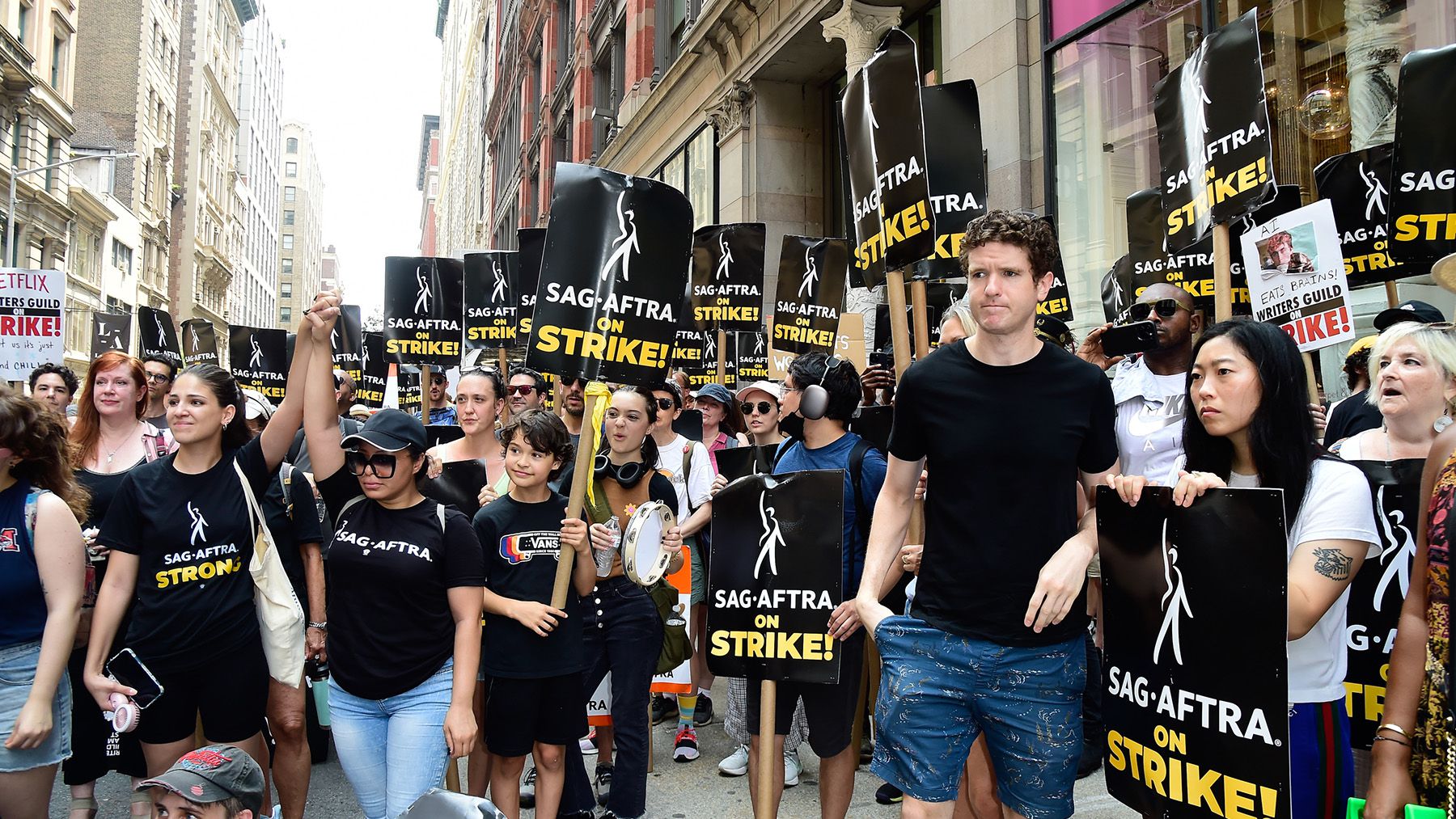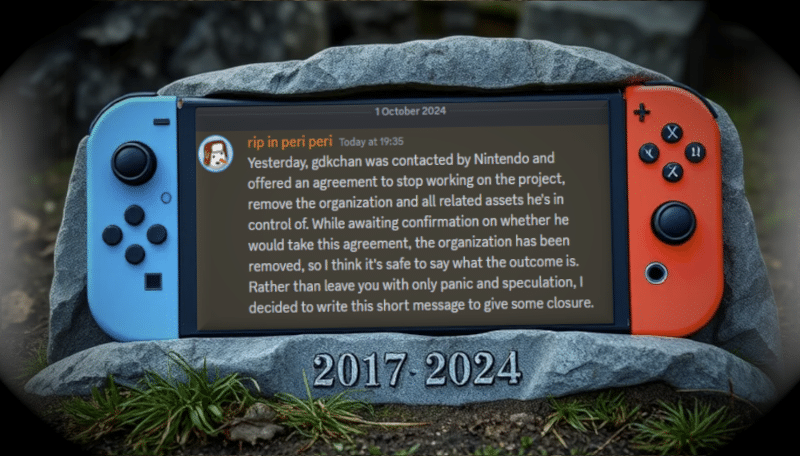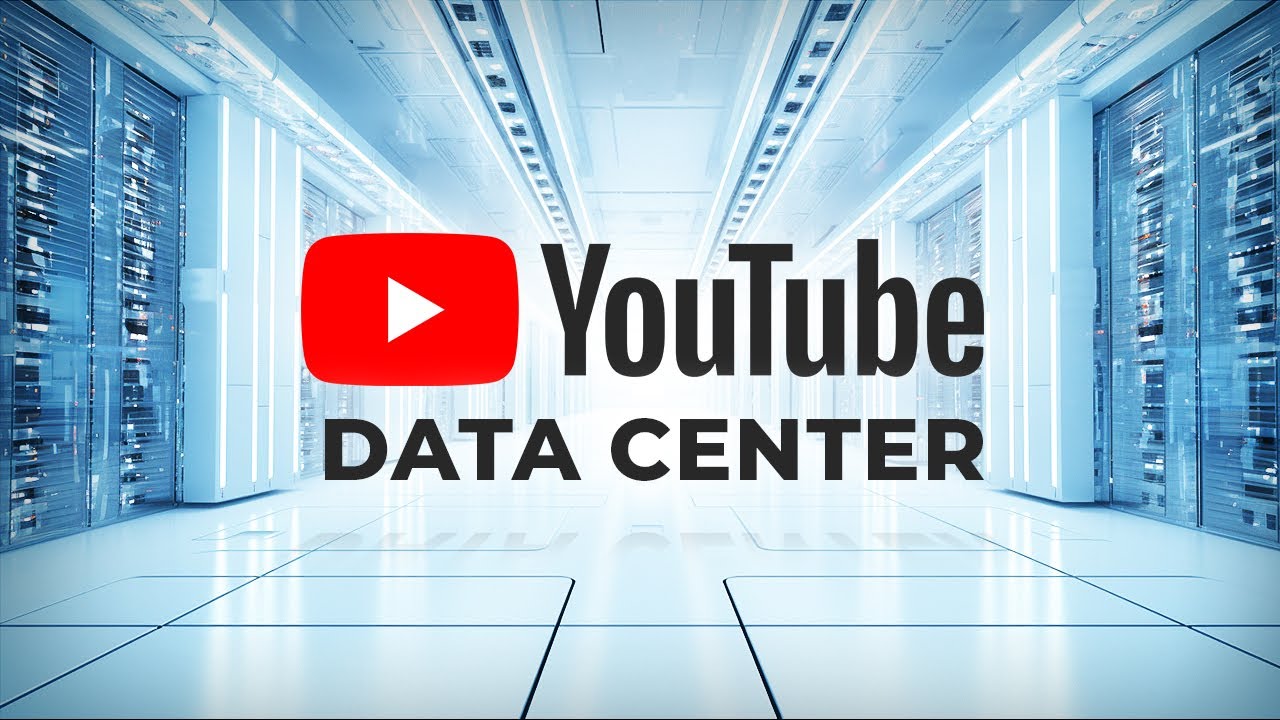The Hollywood Strike: What It Means For Film And Television's Future

Table of Contents
The unprecedented Hollywood strike, involving both the Writers Guild of America (WGA) and the Screen Actors Guild – American Federation of Television and Radio Artists (SAG-AFTRA), is a watershed moment for the entertainment industry. This isn't simply a dispute over pay; it signifies a profound power shift between creatives and the streaming giants, with the potential to fundamentally alter the future of film and television. This article examines the implications of the Hollywood strike and its lasting impact on the industry.
<h2>Key Demands Driving the Hollywood Strike</h2>
The walkout stems from several critical issues impacting both writers and actors, demanding significant changes to the current industry landscape.
<h3>Fair Wages and Residuals in the Streaming Era</h3>
The rise of streaming platforms has dramatically altered the compensation landscape for writers and actors. Traditional revenue streams, such as syndication and DVD sales, have significantly diminished, leading to decreased residuals for many.
- Decline in Residuals: Streaming services often pay a flat fee for content, unlike traditional television, which provided residuals based on repeated broadcasts. This has drastically reduced income for writers and actors, especially for successful shows that continue to generate significant viewership.
- Impact on Traditional Revenue Streams: The shift towards streaming has significantly diminished the value of traditional revenue streams, leaving writers and actors with less compensation for their work.
- Compensation Discrepancies: Compensation varies wildly across different platforms and projects. High-profile projects on major streaming platforms may offer substantial salaries, while smaller productions or those on lesser-known platforms often offer significantly less.
- Specific Demands: Key demands include a fairer share of streaming revenue, increased minimum salaries, and a more transparent and equitable compensation system for all involved.
<h3>AI and its Impact on Creative Jobs</h3>
The increasing use of artificial intelligence (AI) in scriptwriting and performance capture is a major concern for both writers and actors.
- AI Threat to Creative Roles: Writers and actors fear that AI could be used to replace human creatives, leading to job displacement and a devaluation of their skills.
- Ethical and Legal Implications: The use of AI raises complex ethical and legal questions regarding ownership, copyright, and the very definition of creative work.
- Proposed Safeguards: The unions are demanding regulations and safeguards to prevent the misuse of AI and to ensure that human creatives remain at the heart of the creative process. This includes demanding transparency regarding AI's role in production and fair compensation if AI is utilized.
<h3>Working Conditions and Exploitation</h3>
The entertainment industry is notorious for long hours, demanding schedules, and sometimes exploitative practices.
- Long Hours and Demanding Schedules: Creatives often work excessively long hours to meet tight deadlines, leading to burnout and a compromised work-life balance.
- Power Imbalance: The power imbalance between studios and creatives contributes to unfair treatment and lack of respect for their contributions.
- Contractual Improvements: The unions are pushing for improvements to working conditions, including stricter regulations on working hours, better health and safety provisions, and fairer contractual agreements.
<h2>The Impact of the Hollywood Strike on Production and Release Schedules</h2>
The Hollywood strike has had far-reaching consequences for film and television production and release schedules.
<h3>Delayed Film and Television Productions</h3>
Numerous major film and television projects have been delayed or indefinitely halted due to the strike.
- Production Halts: High-profile movies and television shows, both big-budget and smaller productions, have been forced to stop filming.
- Financial Losses: The strike is causing significant financial losses for studios, production companies, and supporting businesses.
- Job Losses: Thousands of crew members, including grips, gaffers, and other essential production personnel, are facing job insecurity.
<h3>Shifting Release Dates and Box Office Impact</h3>
The strike is significantly affecting the release schedules of upcoming films and television shows.
- Postponed Releases: Many films and shows initially scheduled for release in the coming months have been postponed.
- Box Office Losses: The delay of major film releases could result in significant box office losses for studios.
- Alternative Distribution Strategies: Studios may explore alternative distribution strategies, such as releasing content directly to streaming platforms, to mitigate losses.
<h2>Long-Term Implications for the Future of Film and Television</h2>
The Hollywood strike has the potential to bring about lasting changes in the film and television industries.
<h3>Renegotiation of Contracts and Industry Practices</h3>
The strike could lead to significant renegotiation of standard contracts and industry practices.
- Contractual Changes: Expect revisions to standard contracts, potentially incorporating improved compensation models and working conditions.
- Future of Residuals: The outcome of the strike will significantly shape the future of residuals and how they are calculated and distributed.
- Industry Reform: The strike may lead to broader industry reform, addressing power imbalances and promoting fair treatment for creatives.
<h3>The Rise of Independent Film and Television</h3>
The strike may inadvertently accelerate the growth of the independent film and television sector.
- Increased Independent Production: The limitations imposed by the strike may encourage more independent filmmaking and television production.
- Changing Role of Streaming Platforms: Streaming platforms might need to adapt their strategies in response to the strike's outcomes, potentially offering more favorable terms to independent producers.
- New Business Models: The industry could see the emergence of new business models and distribution strategies in the wake of the strike.
<h2>Conclusion</h2>
The Hollywood strike is more than a labor dispute; it’s a critical juncture that will redefine the film and television landscape. The demands for fair wages, AI safeguards, and improved working conditions highlight the urgent need for industry reform. The long-term effects remain uncertain, but the strike's impact on production, release schedules, and Hollywood's power dynamics is undeniable. Understanding the implications of the Hollywood strike is paramount for anyone involved in or interested in the entertainment industry. Stay informed and engaged as this significant event unfolds, shaping the future of filmmaking. Follow further developments on the Hollywood strike and its lasting repercussions.

Featured Posts
-
 A Perplexity Chrome Acquisition Feasibility And Implications
Apr 25, 2025
A Perplexity Chrome Acquisition Feasibility And Implications
Apr 25, 2025 -
 Ryujinx Emulator Shuts Down After Nintendo Contact What We Know
Apr 25, 2025
Ryujinx Emulator Shuts Down After Nintendo Contact What We Know
Apr 25, 2025 -
 You Tube The Center Of The Digital World
Apr 25, 2025
You Tube The Center Of The Digital World
Apr 25, 2025 -
 Canberras Anzac Day Heater Rule The Story Of Tim The Yowie Man
Apr 25, 2025
Canberras Anzac Day Heater Rule The Story Of Tim The Yowie Man
Apr 25, 2025 -
 9 Billion Mgm Japan Casino Project Finally Begins Construction
Apr 25, 2025
9 Billion Mgm Japan Casino Project Finally Begins Construction
Apr 25, 2025
